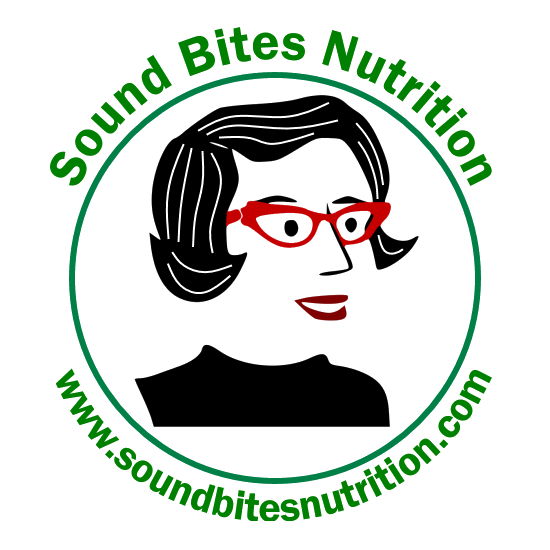New Dietary Guidelines- not that "new"
I don't think I'm speaking out of turn when I say most dietitians are a bit nerdy. I mean, we're a profession that gets excited about the grocery store! We are usually really jazzed when big nutrition research hits the newsstand. It makes us (or at least ME) feel validated that YES, someone is interested in nutrition as a science and my work has meaning.The release of the 8th edition of US Dietary Guidelines is one of the biggies for dietitians and nutrition professionals. Every 5 years, the USDA gathers a group of top nutrition and medical researchers around the country to review and develop new dietary guidelines for Americans. The recommendations are evidenced-based and are meant to be unbiased.This year's guidelines were not much different than the past. In fact, many nutrition and medical professionals (self included) were a bit disappointed in the advice. With the exception of "reduce intake of added sugar and saturated fat to less than 10% of total calories", there was not much specific advice on what types of food contain saturated fat (red meat, full fat dairy products like cheese and eggs). These foods are highest in calories and solid fat and also less sustainable in terms of the environment than plant-based proteins such as tofu, lentils and beans. Guidelines that list foods containing healthier poly and monounsaturated fat would be more consumer-friendly. Just say- eat fatty fish like salmon twice per week instead of dancing around the terms!In addition, our population is grossly under-eating produce- specifically vegetables. I would love to see a guideline that plainly says "EAT 2 cups of vegetables daily with 1 being a leafy green vegetable such as spinach, kale or Brussels sprouts". Instead, consumers are left confused and continue to eat their own versions of what they think is 'healthy'.I had the opportunity to talk with Fox 19 yesterday about the 2015-2020 guidelines and provided my own 2 cents about what to eat. You can see the clip below. My best advice? More plants, less cow. Drink water, not soda. Use canola, safflower or olive oil to cook with, not butter, lard, Crisco or margarine. Eat nuts and seeds instead of cookies and crackers. Eat fish twice a week. Choose 1% or skim milk and limit full fat cheese and eggs. Be moderate, not fanatic.http://www.fox19.com/clip/12130129/new-dietary-guidelines-for-healthy-living?utm_source=site&utm_medium=meganav&utm_campaign=meganav

